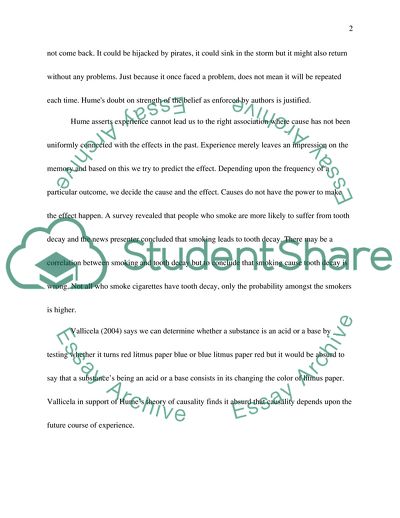Cite this document
(Hume's Approach to Causality Essay Example | Topics and Well Written Essays - 1250 words, n.d.)
Hume's Approach to Causality Essay Example | Topics and Well Written Essays - 1250 words. https://studentshare.org/philosophy/1704495-philosophy-hume-causality
Hume's Approach to Causality Essay Example | Topics and Well Written Essays - 1250 words. https://studentshare.org/philosophy/1704495-philosophy-hume-causality
(Hume'S Approach to Causality Essay Example | Topics and Well Written Essays - 1250 Words)
Hume'S Approach to Causality Essay Example | Topics and Well Written Essays - 1250 Words. https://studentshare.org/philosophy/1704495-philosophy-hume-causality.
Hume'S Approach to Causality Essay Example | Topics and Well Written Essays - 1250 Words. https://studentshare.org/philosophy/1704495-philosophy-hume-causality.
“Hume'S Approach to Causality Essay Example | Topics and Well Written Essays - 1250 Words”. https://studentshare.org/philosophy/1704495-philosophy-hume-causality.


